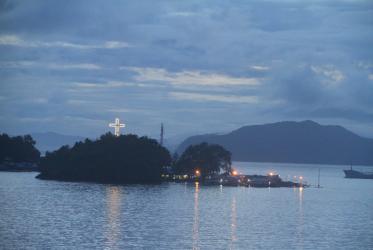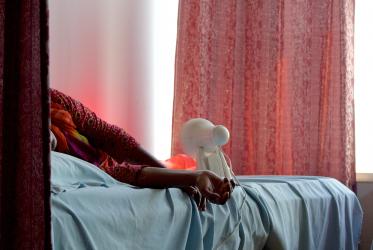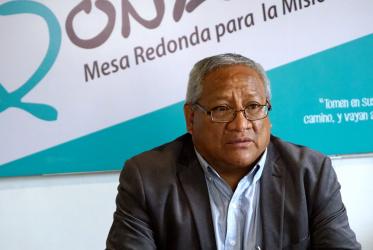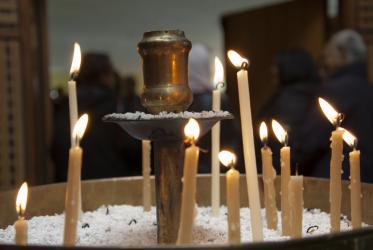Displaying 1 - 20 of 71
Migrants in Argentina find listening ears and open hearts
04 November 2022
WCC podcast deals with death and dying
15 December 2020
In a COVID-stricken world, “everyone is important”
23 October 2020
CCIA meets in Brisbane with focus on Pacific regional priorities
19 February 2020
The cry of the Papuans in Indonesia
14 November 2019
Dalit Liberation Sunday empowers grassroots in India
15 October 2018
WCC calls for prayer for flood-stricken Kerala, India
18 August 2018












